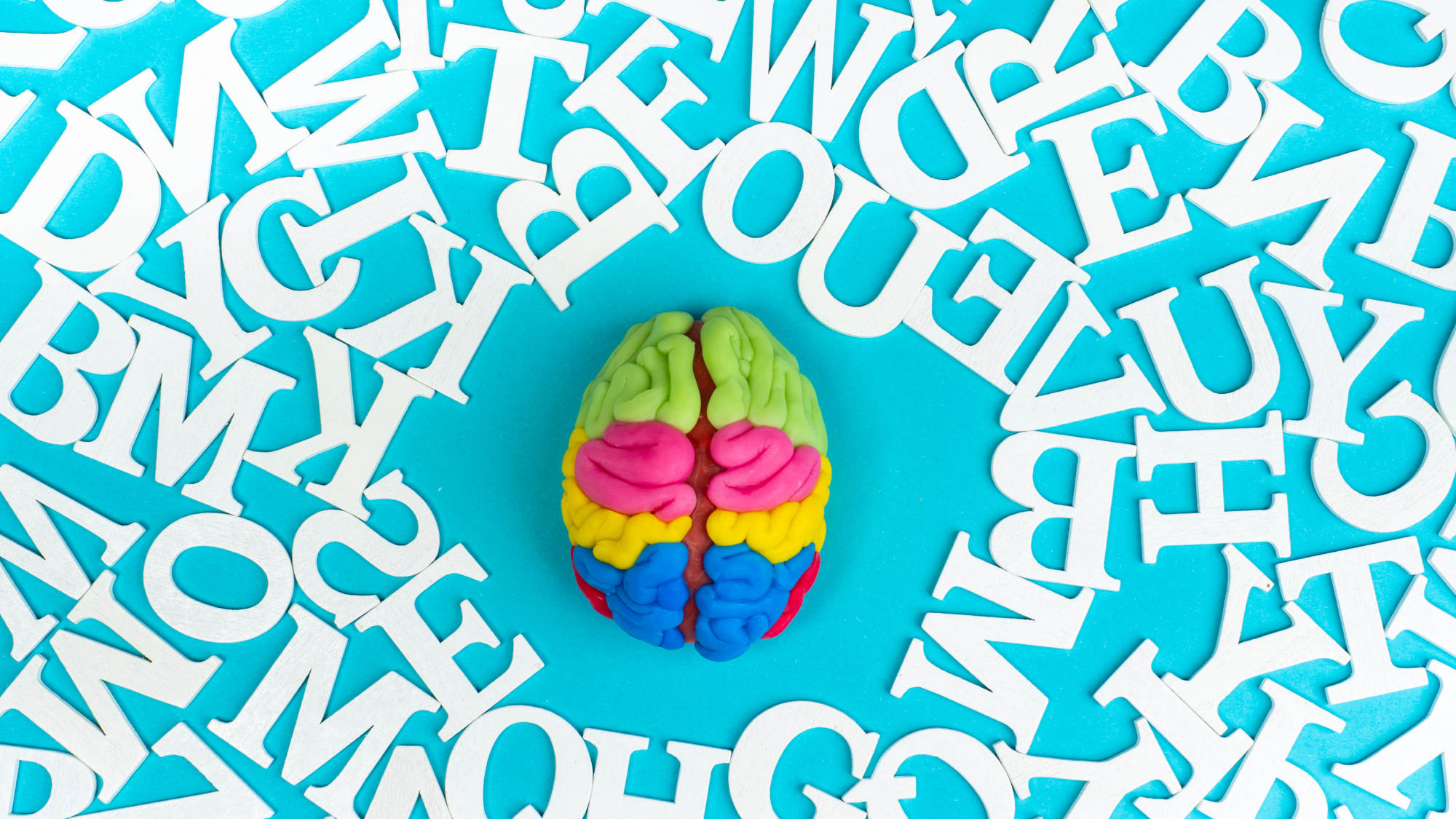
One of the biggest separations between humans and any other mammal on this planet is the ability of language.
Instead of voicing mere sounds, we’ve evolved into creating strings of sentences, each connected by words that hold weight in their own right.
Language is culture
For those who know multiple languages, you’ve come to learn that one of the beauties of knowing many languages is the ability to understand a given culture, deeply.
There are 7000 languages used in the world, and each has its own ties to the culture that it’s bound to. It is a scope into understanding a bit more about the people, their beliefs, values, and overall culture. In fact, according to anthropological linguist Daniel Everett, language acts as a cultural tool that helps to relate to the community at large.
The word ‘sobremesa’ in Spanish for example refers to the time spent after a meal, where you and your friends/family sit and talk with one another at the table. This simple word says so much and gives a peek into the cultural importance of conversation and connection in Spanish-speaking countries.

Moving from the East, the word ‘nunchi (noon-chi)’ in Korean literally means eye-measure, but refers to the ability in gauging people’s thoughts and feelings. It also can be used similarly to the word tact, the sensitivity of dealing with people in specific situations. This single Korean word tells a lot about the society at large, where they place great importance on the collective, more so than the individual — caring, being conscious of, and having an awareness of the people around you.
Language shapes our identity
Examples like the ones above are everywhere in every language.
The way we speak and the words we use are largely influenced by the social contexts we grew up in. And this in itself, largely shapes culture and therefore, behavior.
So on a macro level, if the culture we are in plays a large part in how we behave and think, even the most micro passing-by words should shape our overall identity and personality.
In fact, a social psychologist named James Pennebaker helped develop a program in 1990, that sifted and analyzed hundreds of words in roughly 400,000 texts — from college essays, instant messages between lovers, chat rooms, and conference transcripts. The results from this analysis gave hints that function words such as pronouns, articles, and conjunctions, were important in revealing someone’s psychological state.

For example, when looking at our use of pronouns, the research found that it shares insight into where the speaker focuses their attention on. Those who use “I” regularly often demonstrate great self-focus.
Let’s say a person asks the question: ‘How is living in the city?’
One person could answer “It’s great” while another responds, “I think it’s great.”
While the use of “I think” may be seemingly insignificant and irrelevant, it actually shows that the person is more focused on themselves. Interestingly, the researchers found that depressed people used the word “I” more often than emotionally stable people.
More than words: language affects how you see the world
So what does this all mean for us?
The principle of linguistic relativity refers to the way people see the world is largely influenced by the language we use and how we talk about things.
If the examples of how language shapes culture, thought, behavior, and identity tell us anything, it is that the words we use and how we use them are important.
Even something as simple as our perception of color is governed by the way we choose to describe them. This is evident from studies that show that discriminating colors with different words activate stronger responses in the left hemisphere of the brain, rather than distinguishing them with the same word.
In both a figurative and literal sense, language affects how we see the world. Framing plays a significant role in whether we succeed at something or don’t even try at all.
How we choose to frame our words and sentences — even the smallest subtle differences – can be the differentiating factor between someone who has accomplished something vs should be able to.
Languages don’t limit our ability to perceive the world or to think about the world, rather, they focus our attention, and thought on specific aspects of the world.










